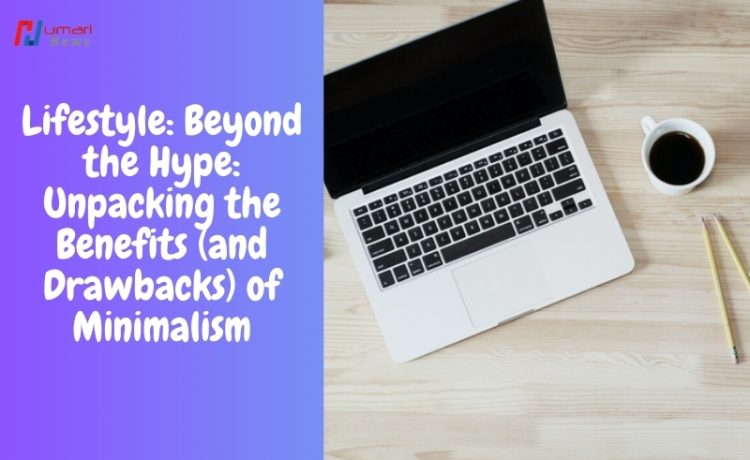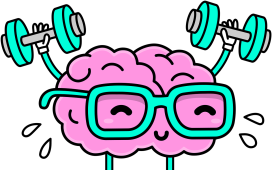Minimalism has become a buzzword in recent years, capturing the imagination of people seeking a simpler, clutter-free life. But what exactly is minimalism, and is it all it’s cracked up to be? Let’s delve deeper, unpacking the potential benefits and drawbacks of this lifestyle philosophy.
Embracing Less: The Core of Minimalism

Minimalism goes beyond just tidying up your closet. This can manifest in various ways, from owning fewer possessions to prioritizing experiences over material things. The core principles typically involve:
- Intentionality: Minimalists carefully consider what they bring into their lives, whether it’s a physical object, a commitment, or even a digital subscription.
- Detachment: They aim to cultivate a sense of non-attachment to material possessions, recognizing that happiness doesn’t come from accumulating things.
- Focus on Experiences: Minimalists often prioritize experiences over material possessions, valuing travel, adventures, and personal growth opportunities.
The Allure of Minimalism: Potential Benefits
For many, minimalism offers a path towards a more fulfilling life:
- Reduced Stress: Clutter can be a source of anxiety and overwhelm. A minimalist environment can create a sense of calm and peace, promoting mental well-being.
- Financial Freedom: Consuming less translates to spending less. Minimalism can help you save money, pay off debt, and achieve financial goals faster.
- Increased Efficiency: With fewer possessions, cleaning, organizing, and maintaining your living space becomes easier. This frees up time for activities you truly enjoy.
- Greater Focus: By minimizing distractions, including physical clutter and digital noise, minimalism can help you concentrate better and achieve a more mindful state.
- Environmental Impact: By consuming less and focusing on quality over quantity, minimalism can contribute to a more sustainable lifestyle.
These are just some of the potential benefits that minimalism can offer. However, it’s important to remember that minimalism isn’t a one-size-fits-all approach.
Beyond the Instagram Aesthetic: Drawbacks to Consider
While minimalism has its merits, it’s not without its challenges:
- The Initial Purge: Getting rid of possessions can be emotionally difficult, especially for sentimental items. The process of decluttering can be overwhelming.
- Social Pressures: Our society often equates success with material possessions. Minimalism can go against societal norms, potentially leading to judgment or criticism.
- Limited Functionality: Depending on your lifestyle, minimalism might not be practical. For example, a family with young children may need more toys and equipment than a minimalist couple.
- Potential for Isolation: Minimalism can be a solitary pursuit. Social activities often involve spending money, which might lead to a feeling of isolation for some minimalists.
- The “Perfect Minimalist” Myth: Social media often portrays minimalism as an unattainable aesthetic ideal. This can lead to feelings of inadequacy or discouragement.
Remember, minimalism is a journey, not a destination. It’s about finding what works for you and creating a life that aligns with your values.
Finding Your Minimalist Balance

Minimalism isn’t about deprivation; it’s about intentionality and living a life that is rich in experiences and meaningful connections. Here are some tips to embrace minimalism on your own terms:
- Focus on Function: Ask yourself if an item serves a purpose or brings you joy. If not, consider letting it go.
- Prioritize Experiences: Allocate funds for travel, hobbies, or classes instead of material possessions.
- Embrace Quality: Invest in well-made, multi-functional items that will last longer.
- Minimalism is Personal: Don’t compare your journey to others. Find what feels right for you.
Minimalism can be a powerful tool for creating a more intentional and fulfilling life. By understanding its potential benefits and drawbacks, you can decide if this approach resonates with you and tailor it to your unique needs and goals.
Minimalism has emerged as a significant trend, offering a path towards a simpler, less cluttered life. While the sleek, minimalist aesthetic often dominates social media, the core principles of intentionality, detachment, and experience-focus offer a range of potential benefits. Reduced stress, increased efficiency, and a more mindful state are just a few of the rewards minimalism can bring.







